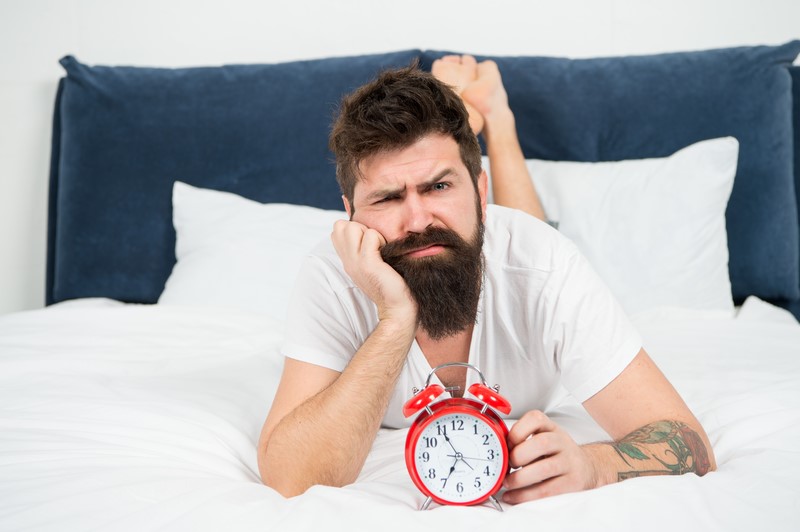Tel: 0208 933 8888
Email: sales@bedhire.co.uk
Published on 31 May 2019
Posted in
It can be difficult to fall asleep and the more we think about it the harder it is. Sleep hygiene is about including a variety of healthy lifestyle and sleep behaviours that can advance your capability to get to sleep and then stay asleep instead of having broken sleep. Small changes can have a huge impact on your sleep quality and quantity.
Sleep hygiene is a variety of different practices and habits that are necessary to have a good night-time sleep quality and full daytime alertness. Common sleeping difficulties such as insomnia are regularly caused by bad habits reinforced over the years. If you have failed to get a good night’s sleep for numerous years, it’s advisable to get professional help from a doctor. Provide a sleep diary this will help you explain your sleeping patterns to the specialists as you’re not going to remember how much sleep you got last Tuesday night.
Having healthy sleep is very important for both physical and mental health. It can also improve productivity and overall quality of life. Everyone from children to older adults can benefit from practising good sleeping habits.
The most vital sleep hygiene practice is to devote the right amount of time asleep in bed not too little and not too much. Sleep needs do vary between ages and are significantly affected by the amount of exercise and lifestyle the person lives. Good sleep practices that you could follow are:
Avoiding coffee and nicotine close to bedtime can increase the amount and quality of sleep you get per night. Drinking alcohol too close to bedtime can disturb sleep too, whilst it is known for making you fall asleep faster if you are drinking too close to bedtime it will actually act as a stimulant.
Exercising to promote good quality sleep, as little as 10 minutes of exercise such as walking, or cycling can change your sleep quality by massive amounts. Some people find that they sleep better if they do strenuous exercise before going to bed this can also help them get to sleep.
You don’t want to eat a meal that will sit heavy on your stomach whilst you sleep, therefore, steer clear of fried and spicy food. When it comes to eating a large amount of food before going to bed it can lead to painful heartburn and will disturb your sleep.
A regular time can help improve your sleep by huge amounts this is because your body gets into a routine and starts to realise that its time to wind down and begin to sleep.

Recurrent sleep troubles and daytime drowsiness are the most telling signs of deprived sleep hygiene if you are taking too long to fall asleep you should rethink your bedtime routine. Just a few simple changes can help you from tossing and turning during the night to waking up feeling refreshed and ready for the day.
We hope that our blog has helped you understand sleep hygiene and how many factors can affect your sleeping pattern. If you do have any questions or queries, please don’t hesitate to get in touch on 0208 933 8888.
© 2023 BedHire.co.uk
Web Design and Marketing by Loop Digital